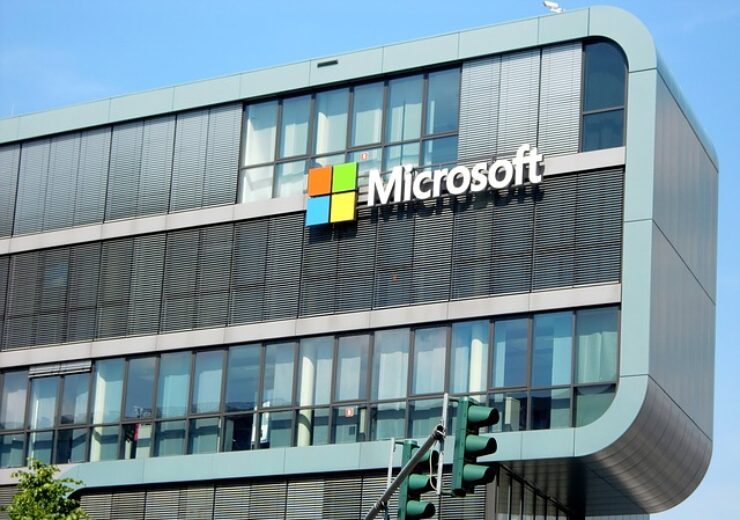The expanded partnership will see Teladoc integrating its Solo platform with Microsoft Azure OpenAI Service, Azure Cognitive Services, and the Nuance Dragon Ambient eXperience (DAX), and using Nuance DAX Express for clinical documentation

Teladoc, Microsoft expand AI collaboration. (Credit: efes from Pixabay)
US-based telemedicine and virtual healthcare company Teladoc Health is expanding its existing collaboration with Microsoft to address the workforce crisis in the healthcare industry.
Teladoc initially collaborated with Microsoft in 2021 to integrate its Solo platform within Microsoft Teams and expand its virtual health capabilities for Microsoft Cloud for Healthcare.
Under the expanded partnership, Teladoc will integrate its Solo platform with Microsoft Azure OpenAI Service, Azure Cognitive Services, and the Nuance Dragon Ambient eXperience (DAX).
The Teladoc Health Medical Group also plans to use Nuance DAX Express, a workflow-integrated, AI-powered clinical documentation application, for Teladoc’s care visits.
Nuance DAX Express combines Nuance’s proven conversational and ambient AI with the newest and most capable AI model, GPT4, in the Azure OpenAI Service.
When integrated into the Teladoc Health Solo platform, Nuance DAX will automatically document patient encounters at the point of care, for final clinician review and signoff.
The integrated solutions would automate the clinical documentation generated during virtual exams while improving the quality of shared medical information and care, said Teladoc.
Teladoc Health chief medical officer Vidya Raman-Tangella said: “Administrative burden and staff shortages are major reasons why clinicians are leaving the profession.
“We are focused on using AI to reassert and build the doctor-patient relationship at a time when technology frequently does the opposite. We are proud to partner with Microsoft and Nuance to break new ground.”
Microsoft global health and life sciences corporate vice president Tom McGuinness said: “Teladoc Health’s integration of Azure OpenAI Service and Nuance DAX gives clinicians the tools they need to deliver quality, coordinated care, easing administrative burdens and allowing them to spend more focused time with their patients.”
According to the US Department of Health and Human Services (HHS), a nationwide shortage of 90,000 physicians is expected by 2025.
The American Medical Association said that physicians spend two hours on administrative tasks for each hour of care provided.
Teladoc aims to help organisations mitigate the workforce burden and improve patient care, which frees up bedside nurses to focus on hands-on patient care.
The company plans to increase hybrid workflows like virtual nursing which enables experienced remote nursing staff to perform nursing responsibilities that do not require physical touch.
By using Nuance DAX Express, the company aims to provide rapid and precise reporting of patient encounters to other virtual and community-based clinicians to better coordinate care.
Microsoft company Healthcare at Nuance executive vice president and general manager Diana Nole said: “Adding Nuance DAX and DAX Express into the Teladoc Health ecosystem represents the type of collaborative innovation needed to serve the rapidly changing needs of clinicians and patients across the care continuum.
“It addresses the pressing challenge of reducing clinicians’ administrative workloads in some of the most demanding and dynamic care environments in healthcare.
“Moreover, it combines the efficiency and advanced power of conversational, ambient and generative AI to give physicians the tools and information they need to provide timely, high-quality, reassuring and personalised care in any location, especially in urgent and virtual care circumstances when patients need it the most.”
